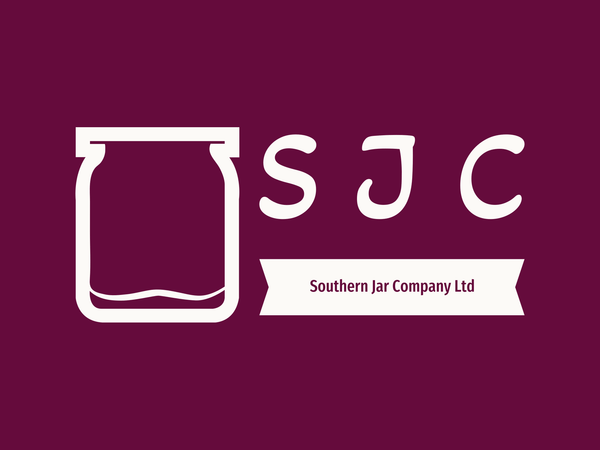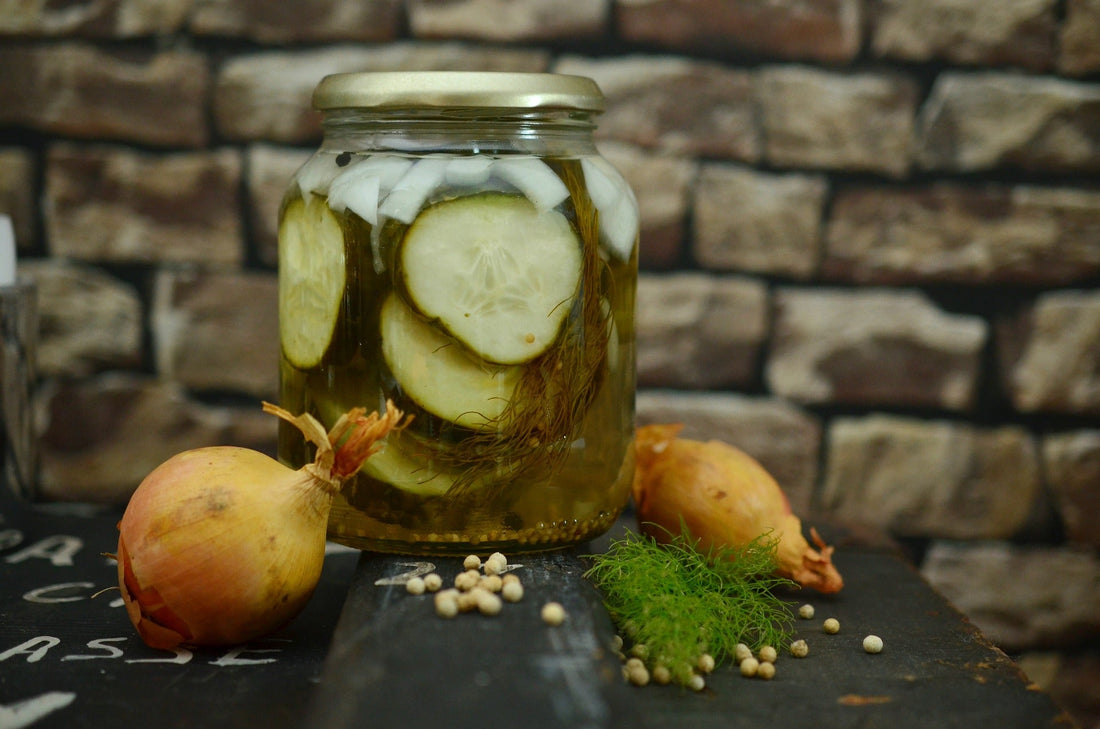The process of pickling involves preserving fruits, vegetables, and other kinds of food in brine or vinegar solution to enhance their taste and prevent spoilage. Over the years, this practice has advanced and even become part of some cultures all over the world. The advancement of pickling also came with using more effective preservation containers starting from the ancient clay jars with wax or resin seal to the modern pickle jars with lids. These and more, are some of the interesting facts you will find in this article.
Interesting Curiosities and Historical Facts About Pickles
1. The Origin of Pickling

The origin of pickling, which is the oldest form of food preservation, dates back to 2400 BC in Mesopotamia. Pickling was invented to preserve food initially for long journeys, especially by sea. During that period, jars made from clay were used and stored in cool, dark environments to extend their shelf life.
2. Ancient Egypt Pickles
Did you know that Egypt was one of the first civilisations to embrace pickling? They used the method to preserve vegetables and cucumbers, which were considered a really valuable food because it was believed to have health benefits. The pickles were stored in clay jars and sealed with wax or resin. It was recorded that Cleopatra ate pickles regularly because she believed that they contributed to her beauty.
3. The Origin of the Word "Pickle"
The word “pickle” originates from a Dutch word, “pekel,” meaning “salty water or brine.” This is because the Dutch were popularly known for pickling techniques, and these methods were introduced to America by the early settlers. Clay jars were used earlier, but as canning with glass jars, they became the preferred pickling container because they are more effective.
4. Pickling in the Middle Ages
In the Middle Ages, especially during the Winter months when vegetables became scarce, pickles were considered an essential part of the European diet. This was possible because pickling gave people the advantage of preserving harvested vegetables to ensure stable supplies all year round.
5. The Romans and Pickles
Did you know that the Romans had a special love for pickles? Pickles were an essential part of their diet. The Romans pickled cucumbers, olives and other varieties of food, including fish. Pickles were also carried by the Roman soldiers because they were nutritious and easy to transport.
6. The Introduction of Vinegar in Pickling
During the Renaissance period, vinegar was introduced to pickling to replace saltwater (brine) in some recipes. Vinegar was discovered to enhance the pickles’ flavour and also to be a more effective preservation alternative due to its acidity.
7. Pickles in American History
In America, pickles have a long history that dates back to the colonists who brought the technique from Europe. This was a common practice in colonial households, where pickles were stored in large earthenware or glass jars. Pickles also played an essential role during the Civil War as they were included in soldiers’ rations.
8. The Pickle in Popular Culture
Did you know that pickles are iconic in some popular traditions? Some examples are the New York deli pickle, the iconic culture of hanging a pickle ornament on Christmas trees in some homes, and the nostalgic feeling a lot of people have of making pickles with their grandmothers and storing them in glass jars with lids.
9. Health Benefits of Pickles
Pickles are rich in probiotics. Probiotics provide essential minerals and vitamins, and are essential for gut health. Glass jars with lids are also considered a healthier choice for pickling because they do not leach chemicals into the pickles.
10. Pickles Recipes in Japan and India
Pickles have unique recipes and ingredients in Japan and India. In Japan, they are known as "tsukemono" and are often stored in wooden barrels or glass jars. In India, it is made from various spices and stored in ceramic jars called "martabans."
11. Pickles in Jewish Cuisine
Pickles, especially kosher dills, are special in Jewish cuisine. Kosher pickles are traditionally made from dill and garlic. They are served as snacks and are an essential part of Jewish delis. Storing them in large glass jars with lids allows the flavours to develop fully.
12. The Global Pickle Market
The global pickle and pickle product market is a multi-billion dollar industry, with it being consumed in every country. In 2022, the market size was valued at USD 13,461.0 million and it is projected to reach USD 18,123.82 million by 2031.
13. Fermentation of Pickles
Did you know that fermentation is a key process for pickles that do not use vinegar? Naturally occurring bacteria convert the sugar in the vegetables into lactic acid during fermentation. This acid preserves the pickles as well as gives them a tangy flavour. Glass jars with lids play a significant role in aiding this fermentation as they offer a stable environment necessary for it to take place.

